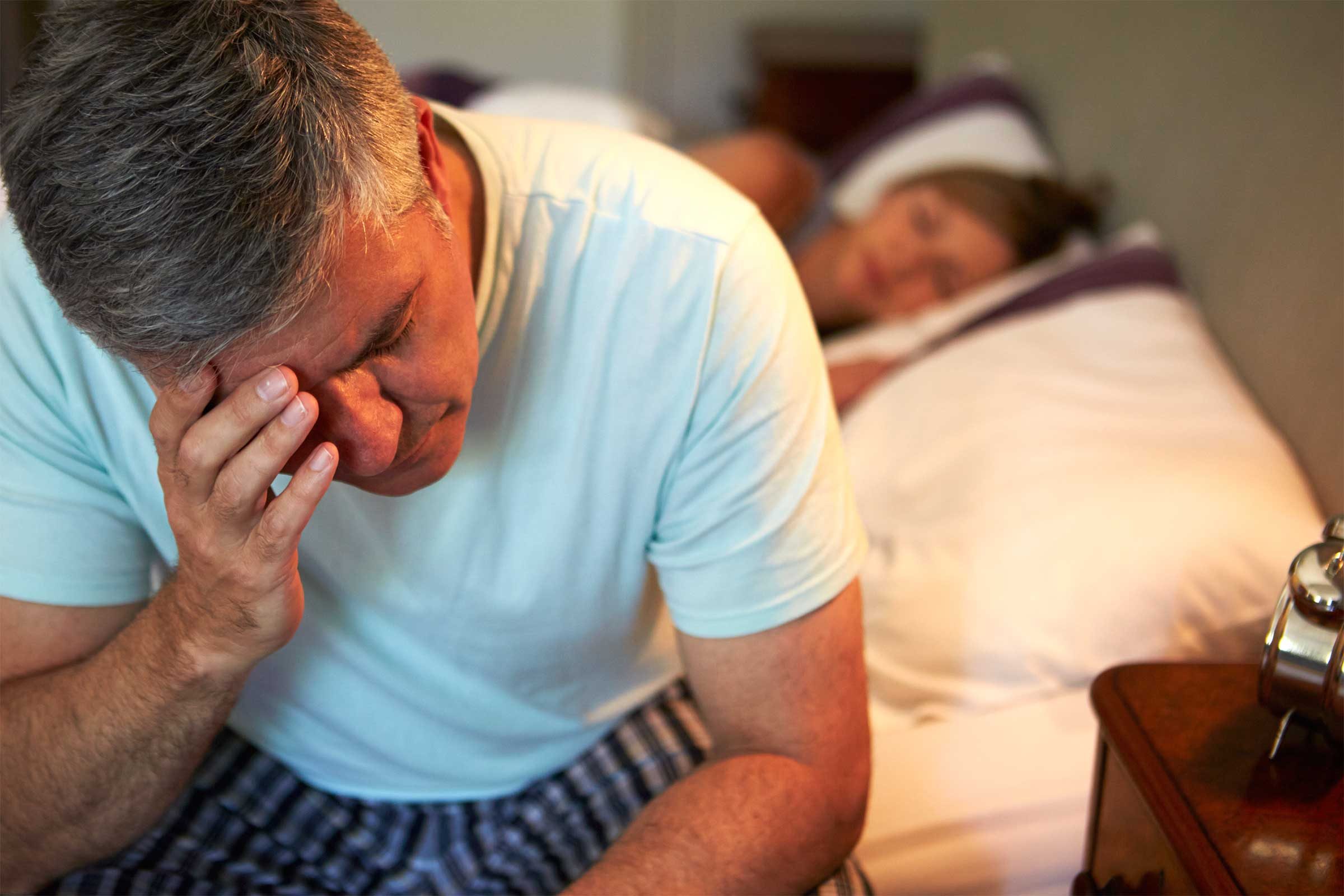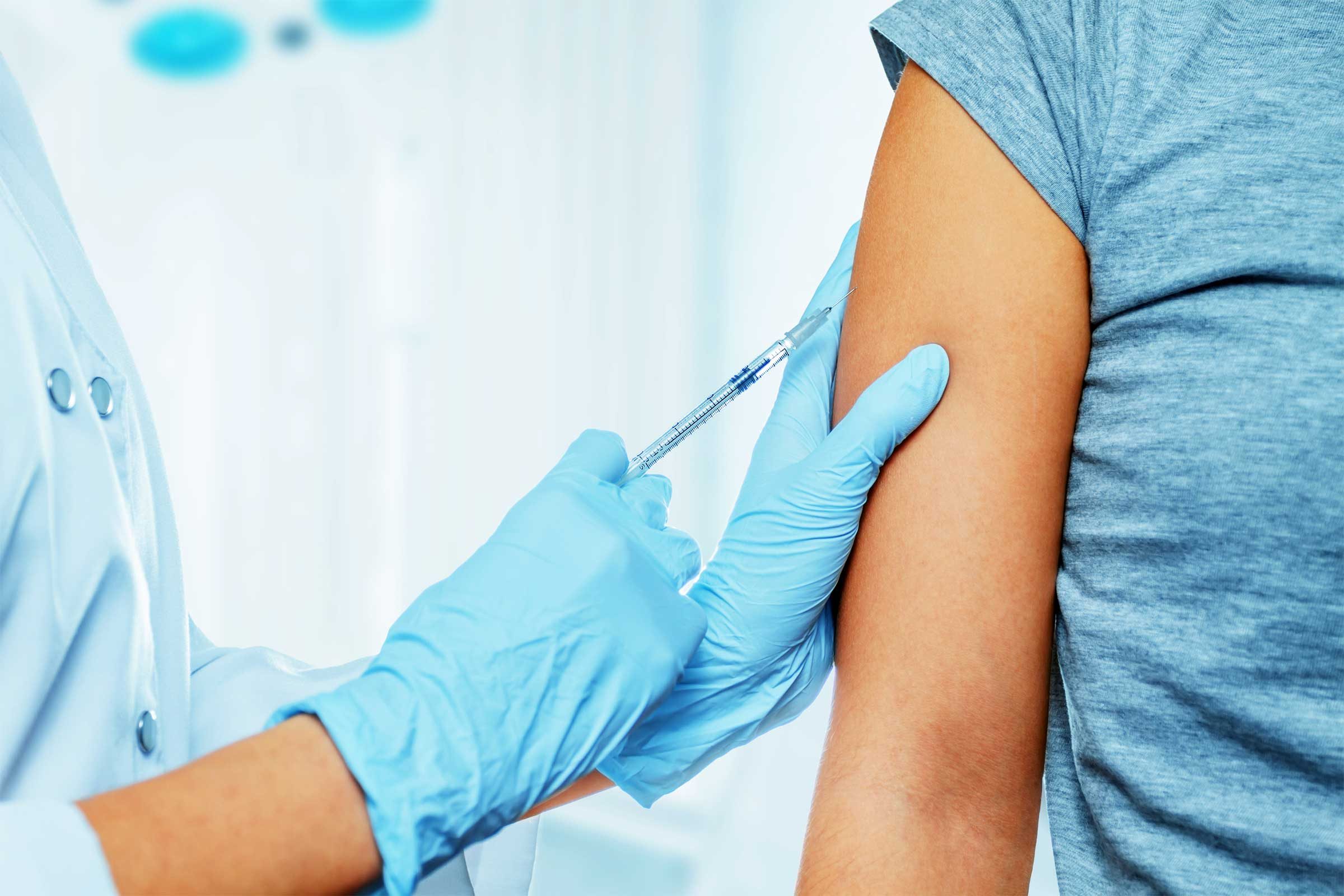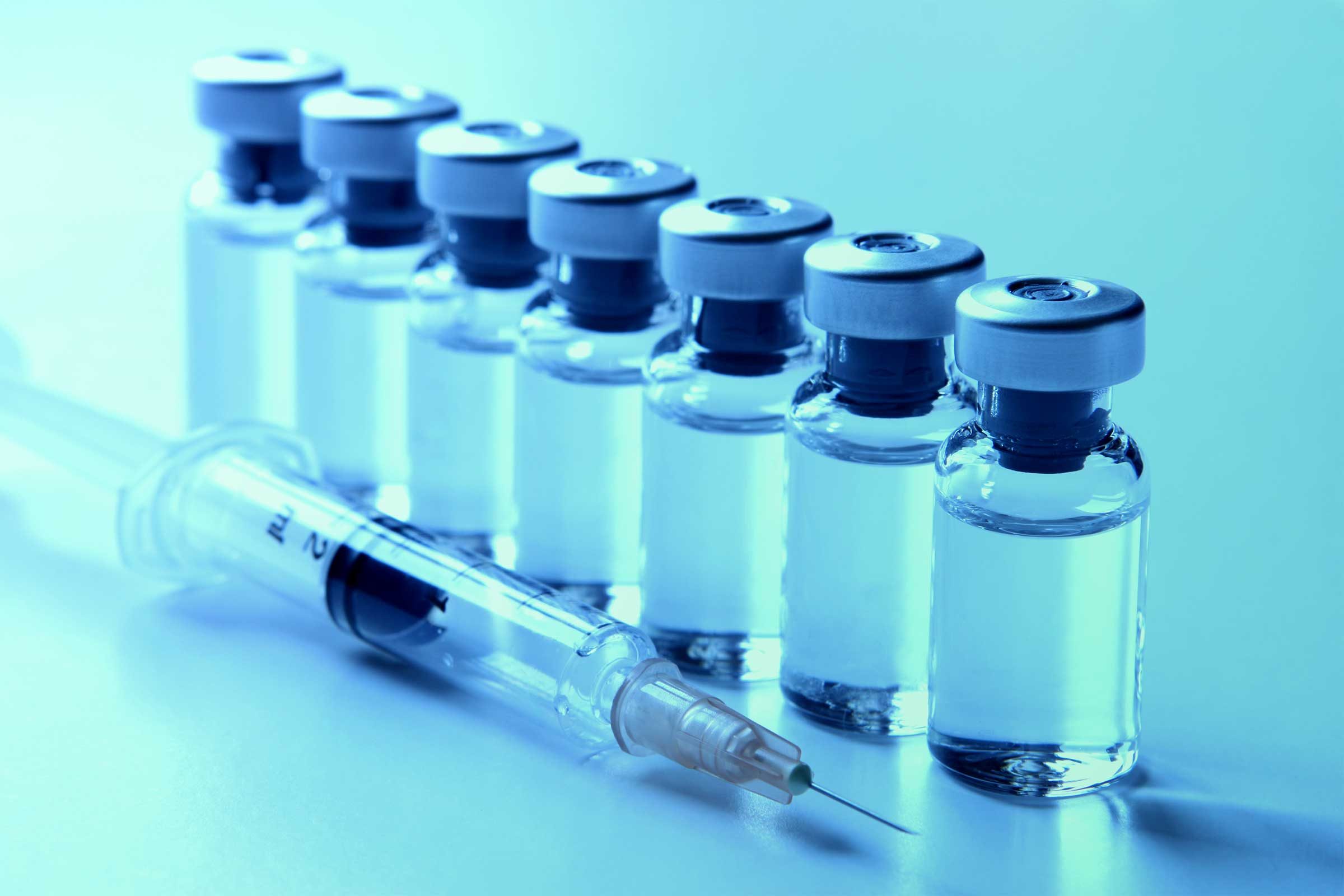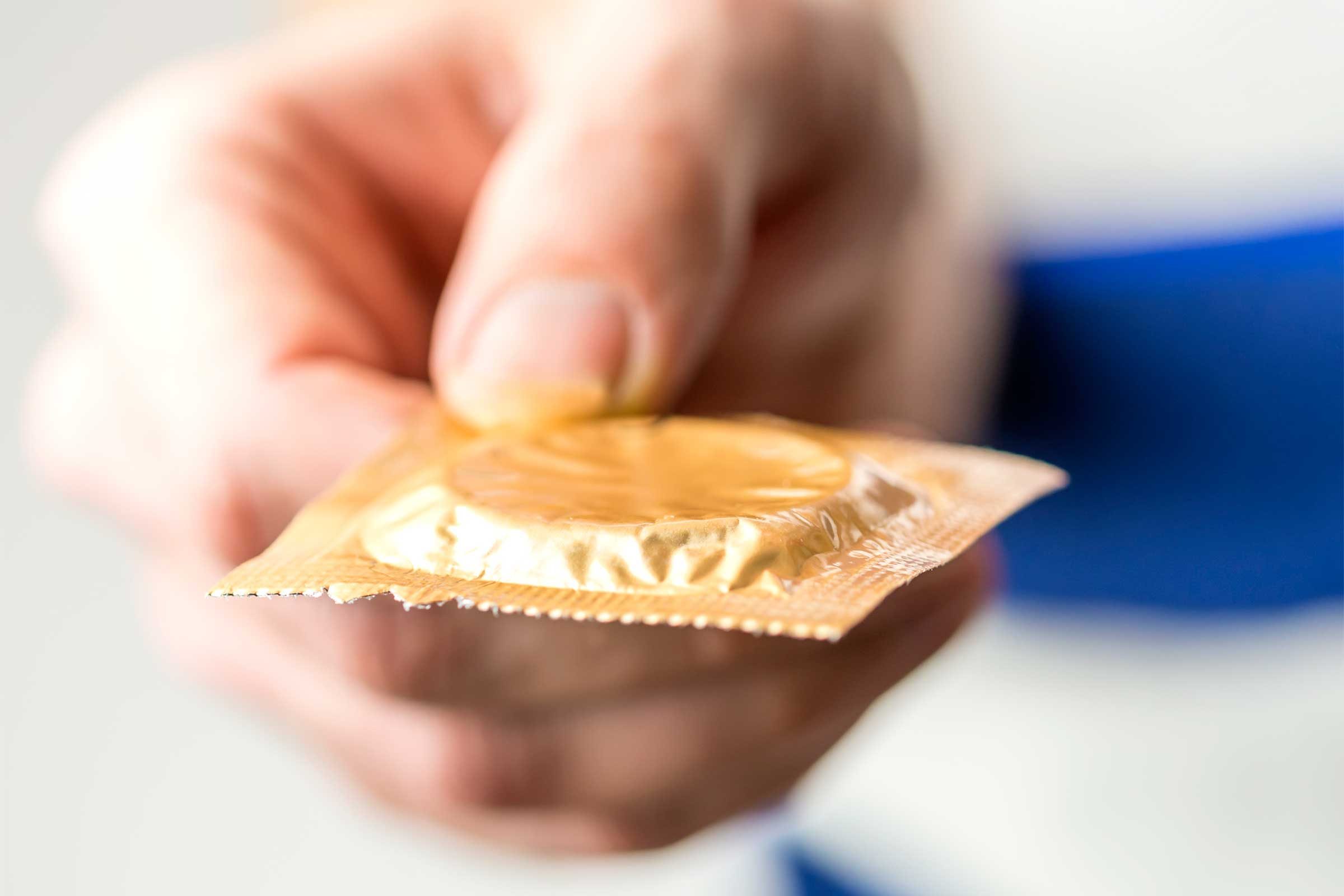What is HPV?
Human papillomavirus (HPV) is a common sexually transmitted disease. And although the Centers for Disease Control and Prevention (CDC) reports about 14 million new infections per year in the United States, there’s still lots of misinformation about HPV risks, transmission, and the vaccine. Read on to learn more about the HPV myths that could seriously damage your health.

Myth: It’s hard to be exposed to the human papillomaviruses, also known as HPV
HPV fact: “HPV is so common that nearly all sexually active men and women get it at some point in their lives,” according to the CDC. Nearly everybody who has sex is going to be exposed to at least one and probably many different types of the virus. Here are 5 smart things to do after getting an abnormal Pap test.

Myth: There is only one type of HPV
HPV fact: There are over 100 different types of HPV, although not all are sexually transmitted. “There are some types of the virus that are completely benign and others that cause things like genital warts and still others that cause cancer,” says Tim Lahey, MD, associate professor of medicine, Geisel School of Medicine at Dartmouth College, New Hampshire. Strains 16, 18, 31, and 33 more commonly cause cancer than other strains, per the CDC. And although some strains of the virus cause genital warts, most of the time, HPV causes no symptoms at all.

Myth: Only women can get cancer from HPV
HPV fact: Both men and women can get cancer from HPV. Men can get anal or penile cancer, but women can get both anal and cervical cancer from specific strains of the human papillomaviruses, per the CDC. It’s been linked to throat cancer, and esophageal cancer can also be caused by HPV in both sexes, according to a 2013 study in PLOS ONE. Here are symptoms of cancer women are likely to ignore, and symptoms of cancer men are likely to ignore.

Myth: Once you have HPV, you have it forever
HPV fact: “Most of us are exposed to HPV infection, and our immune system is able to clear it from the body,” says Dr. Lahey. However, if you have a particularly aggressive kind of HPV or your immune system is weakened, you are more likely to carry the virus longer and be at a higher risk for developing cancer.

Myth: It’s not a big deal to skip the HPV vaccine
HPV fact: Every year, about 13,000 women are diagnosed with cervical cancer, and 4,000 women die of the disease, according to the CDC. HPV is the cause of about 90% of all cases of cervical cancer. Three vaccines exist for HPV and effectively target and protect against some of the strains that cause cervical cancer. Two of the vaccines also target the strains that cause genital warts. However, the vaccines are most effective if given to boys and girls before they’re sexually active and potentially exposed to HPV, according to the World Health Organization (WHO). The vaccine is recommended starting at ages 11 and 12 for both girls and boys, and can be given as young as age 9. However, catch-up vaccinations are recommended for people up to age 26 who didn’t get the vaccine at a younger age. And it is also recommended up to age 45 for people who might be at risk for a new HPV infection. Here’s more of the worst health advice gynecologists have ever heard.

Myth: Only women should get vaccinated for HPV
HPV fact: “HPV is actually an infection that afflicts both men and women and causes cancer in both men and women,” says Dr. Lahey. “We vaccinate women to protect them from cancer, and we vaccinate men for two reasons: one is to protect women from cancer, and the other is to protect men from cancer. If you vaccinate a man against HPV, then he is far less likely to transmit the virus to his sexual partner.”

Myth: You should get the vaccine at any time in your life
HPV fact: The vaccine only works to protect people from cancer if it is given before they get the infection with HPV. “If someone is already infected with the kinds of strains that lead to cancer, and then they get the vaccine, as far as we can tell, there is no benefit,” says Dr. Lahey. It is important to get the vaccine before you become sexually active, which is why adolescents as young as 11 are a population targeted by doctors for the vaccine. Here’s how to know if you should get the HPV vaccine as an adult.

Myth: Doctors are still unclear about how exactly HPV is transmitted
HPV fact: HPV is transmitted through oral sex, vaginal sex, and anal sex.

Myth: You only get HPV if you have unprotected sex with several partners
HPV fact: Not even condoms can completely protect you from an HPV infection, according to the American Cancer Society. “All clinicians have seen people who have very, very average, vanilla, unexceptional sex lives who have developed cervical cancer,” says Dr. Lahey. “And so this vaccine is not for someone who we predict will have an unusual life, but to try to protect those who have exactly those unremarkable sex lives.”

Myth: This is something only adults should discuss
HPV fact: Parents and clinicians alike are nervous to talk about sex with tweens, but it is a conversation of paramount importance. “We can be comfortable with our children at the age of 11 and leave them at risk for developing cancer, or we can feel a little bit uncomfortable and protect them from cancer,” says Lahey. ‘The stakes are so high.” Now learn the 9 things doctors wish you knew about cervical cancer.